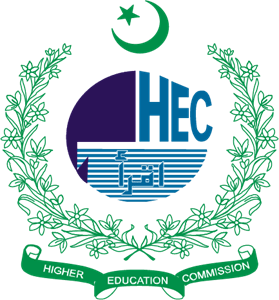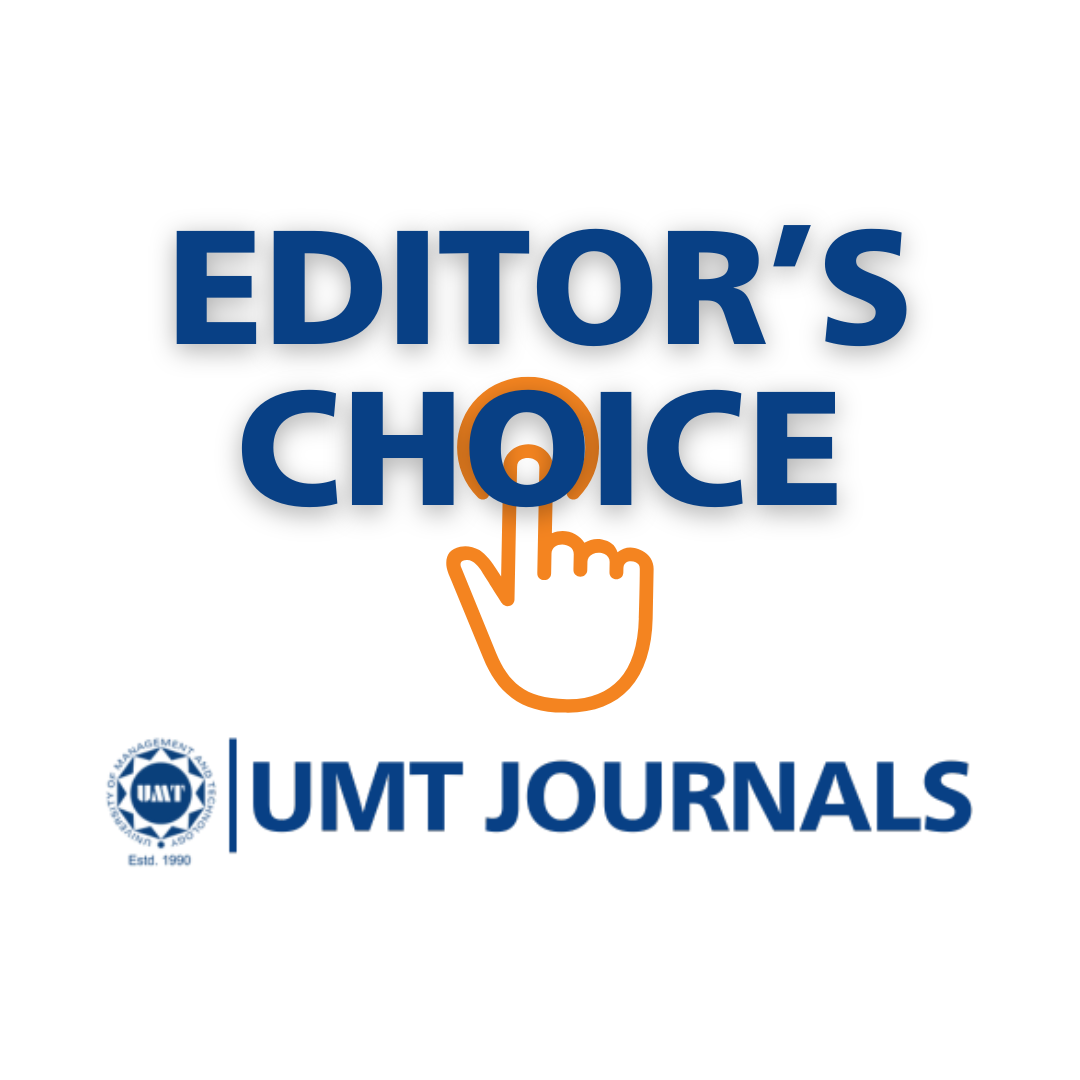The Lack of a Centralized and Universal Tool for Input File Generation for Molecular Dynamics Simulations and the Development of such a Tool
A Review
Abstract
 Abstract Views: 165
Abstract Views: 165
This study aims to design and develop a tool that can efficiently generate Molecular Dynamics (MD) simulation input files and systems for various simulation software such as NAMD, Amber and GROMACS collectively using a single platform. Molecular Dynamics simulation is performed in order to understand the structure, dynamics and thermodynamic behavior of biomolecular system. There are a lot of MD simulation software available which are very efficient and fast. However, there are some hurdles in making an input file for simulation purpose, such as the use of command line instructions and the need of using multiple sources in order to generate
parameter and topology files. This is a very hectic job for any bio-informatician working in this area and it requires a lot of man hours to develop these files. The main challenge which the scientists encounter working in this field is that there are a lot of different simulation software available online and each one of them has some common features and some uncommon and distinctive features. These facts make input file and system generation a slow and hectic process. To solve this issue and to minimize the time consumed in the preparation of input files, there is a need to develop a tool which is user friendly and provides a graphical user interface to make an
input file. For this purpose, programming languages like Python and Java will be used during the designing and development process. This will also incorporate all the mathematical equations and calculations that are going on at the back end in the making of input files. Embedding PDB into this tool will also be helpful as users will directly be able to import protein structures from PDB. This software will allow the users to create input files and systems for MD simulations in the shortest possible time.
Downloads
Copyright (c) 2019 Muhammad Taimoor Khan, Ayesha Ameen

This work is licensed under a Creative Commons Attribution 4.0 International License.
BSR follows an open-access publishing policy and full text of all published articles is available free, immediately upon publication of an issue. The journal’s contents are published and distributed under the terms of the Creative Commons Attribution 4.0 International (CC-BY 4.0) license. Thus, the work submitted to the journal implies that it is original, unpublished work of the authors (neither published previously nor accepted/under consideration for publication elsewhere). On acceptance of a manuscript for publication, a corresponding author on the behalf of all co-authors of the manuscript will sign and submit a completed the Copyright and Author Consent Form.











